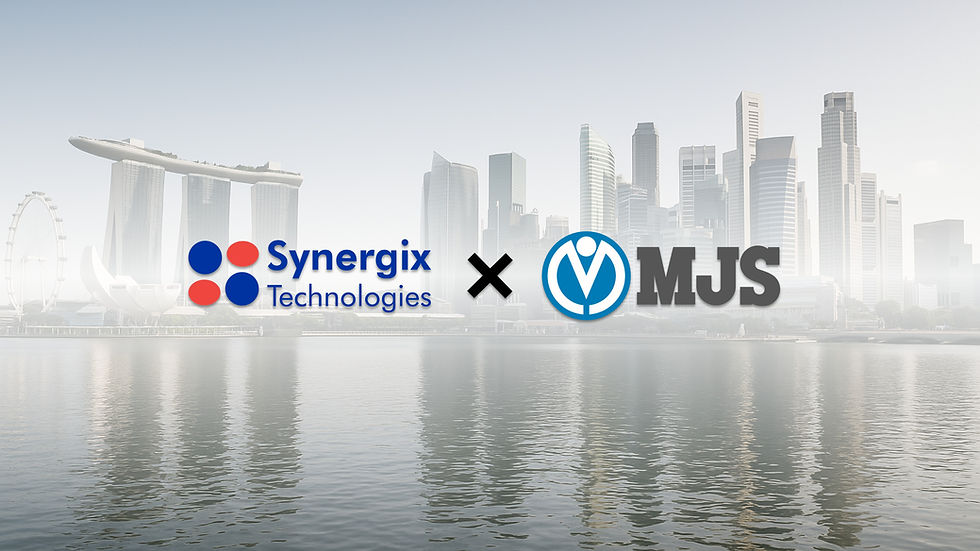The Future of Healthcare Lies in the Cloud
- Simeon Spencer
- Apr 6, 2023
- 2 min read

While the healthcare industry has undergone digital transformation to a certain extent, accessing critical healthcare data can still be a nightmare for administrators as it's often buried deep in patient records or spread across disparate databases. Improving the flow and unification of data across healthcare systems is essential to help organizations run more efficiently and improve patient care. This interoperability of data is vital to breaking down silos and ensuring the seamless sharing of vital healthcare information.
The situation here is similar to what we mentioned above where hyperscalers need to do the groundwork to migrate SMBs in APAC to the cloud, however, in healthcare, the situation is a global one and hyperscalers need to create a platform where healthcare data can be truly interoperable between the industry. And GCP is arguably doing the most in this respect:
GCP has recently partnered with Pager, a virtual care platform with 23 million members, Pager and Google Cloud are partnering to improve healthcare connectivity and data interoperability. The collaboration will combine Google Cloud's ability to integrate data from various sources with Pager's engagement platform that offers digital communications, concierge care navigation, and a connected care experience, providing other healthcare organizations with a platform that can leverage these new capabilities.
GCP has also partnered with Redox, a healthcare interoperability leader, to make it easier for organizations to exchange healthcare data and create better longitudinal views for their patients. Redox will replicate its platform on Google Cloud, providing Google Cloud customers with access to Redox's products, services, and experiences.
GCP has formed healthcare partnerships with various organizations worldwide, including Northwell Health, Hartford Healthcare, Lean Business Services in Saudi Arabia, and Singapore’s IHiS, to enhance population health, delivery of care, and patient engagement.
Will GCP’s efforts in healthcare pay off?
Competition in the space is ramping up, with Fujitsu being another company that has launched its new cloud-based platform that allows users to securely collect and leverage health-related data to promote digital transformation in the medical field, and it will not be the last. On the cloud provider side, a survey conducted by KLAS on healthcare IT vendors showed that 95% of vendors considered AWS as a provider with 80% using it as a primary or secondary platform due to cost and value. Azure had an 80% consideration rate with about 50% of vendors using it as a primary or secondary platform.
GCP was mainly used as a secondary provider to fill functionality gaps, but vendors were encouraged by GCP’s investments in healthcare. In our view, it’s possible that GCP may carve a niche in cloud healthcare, but the next step beyond creating a platform would be to convince vendors to use it.





Comments